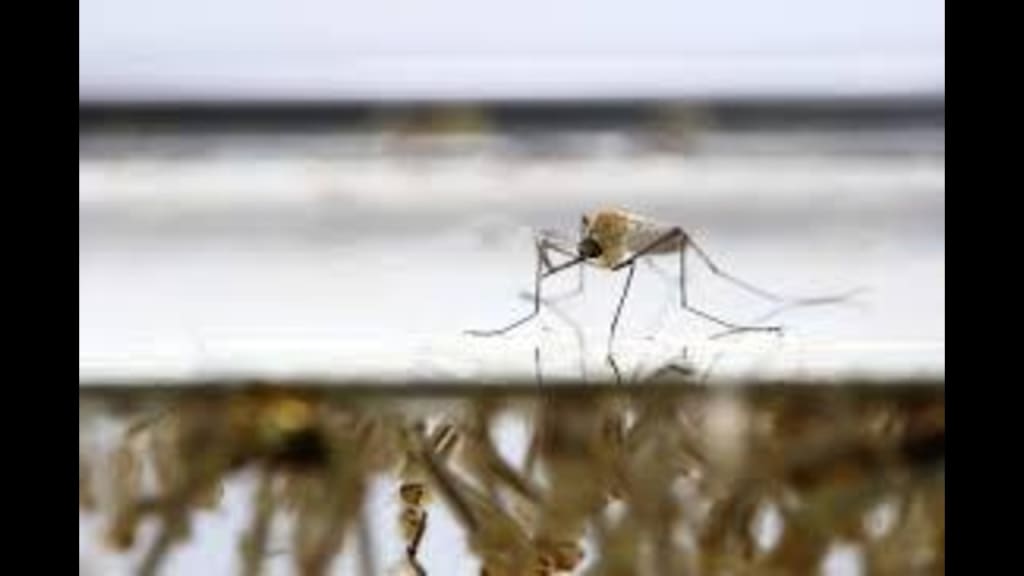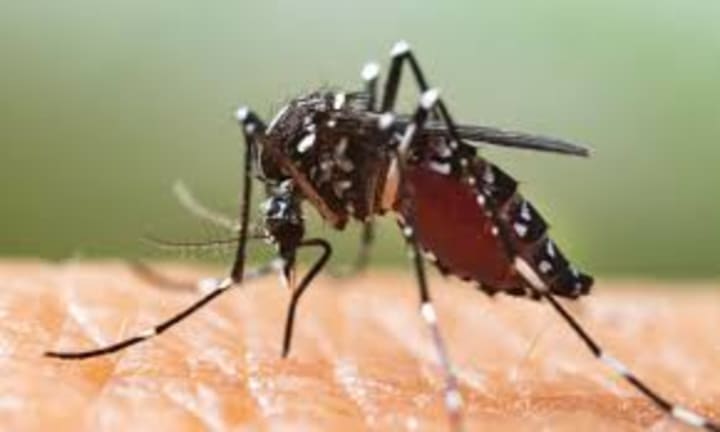Massachusetts Braces for Record Mosquito Populations in 2024, Experts Warn
Heavy Rainfall and Ideal Breeding Conditions Heighten EEE Risk, Prompting Vigilance and Preventive Measures

Description:
Massachusetts is anticipating a record mosquito season in 2024 due to heavy rainfall and ideal breeding conditions. Experts warn of increased EEE risk and advise preventive measures such as using EPA-registered repellents, removing standing water, and wearing protective clothing. The state will begin monitoring for EEE and West Nile virus on June 17.
SUDBURY, MA — Massachusetts may be facing a particularly intense mosquito season in 2024, with early surveillance this spring indicating higher-than-normal populations in several parts of the state.
Experts attribute this surge to heavy rainfall in 2023 and early 2024, which has created prime breeding conditions for mosquitoes. Massachusetts saw over 50 inches of rain last year, and the Boston area alone has received nearly 30 inches this spring. These conditions, combined with the reemergence of Eastern Equine Encephalitis (EEE) last summer, pose a heightened risk to humans in 2024. The last significant EEE outbreak in Massachusetts occurred between 2019 and 2020, resulting in 17 cases and seven deaths.
"There's a five to seven-year cycle where we see a big surge of EEE cases or positive mosquito detections. This is predicted to be one of those years," said Stephen Rich, a biologist at UMass Amherst specializing in zoonotic diseases.
The black-tailed mosquito, or Culiseta melanura, has seen significant population growth in some areas this spring. This species is responsible for transmitting EEE between birds, which can then lead to human infections.
Sudbury’s Director of Public Health, Vivian Zeng, reported that the East Middlesex Mosquito Control Project detected a rise in mosquito numbers in early May. Sudbury, like many Massachusetts towns, has numerous wetlands with standing water that serve as ideal breeding grounds for Culiseta melanura. Similarly, the Bristol County Mosquito Control Project, covering 20 communities from Mansfield to New Bedford, has also reported elevated mosquito counts.

"Surveillance data for adult mosquitoes shows about a 2X increase from the five and 10-year average," said Priscilla Matton, Superintendent of the Bristol County Mosquito Control Project.
While Bristol, Plymouth, and Norfolk counties are traditional EEE hotspots, the disease can emerge anywhere in the state. For instance, mosquitoes in southern Worcester County tested positive for EEE last September. During the 2019 outbreak, Middlesex County saw significant EEE activity, including a case in a 5-year-old from Sudbury.
"Prevention is key," Zeng emphasized. "We advise the public to adopt preventative practices such as wearing long-sleeved clothing during peak mosquito hours, removing standing water on their property, and using EPA-registered repellents outdoors."
Many mosquito control projects across Massachusetts will soon begin summer spraying operations targeting adult mosquitoes. Earlier in the spring, these organizations also treated wetlands with Bti, an insecticide that kills mosquito larvae.
The state Department of Public Health will start monitoring communities for EEE and West Nile virus risks on June 17, assigning risk levels based on mosquito samples and any detected human or animal cases.
Stephen Rich also highlighted the need for vigilance against ticks, whose populations are rising due to warmer winters. Deer ticks, or black-legged ticks, carry diseases such as Lyme disease and babesiosis. The lone star tick, a newer presence in Massachusetts mainly found in coastal areas, can transmit alpha-gal syndrome, a serious meat allergy. Rich recommends using permethrin spray on clothes and gear, and bug sprays containing DEET or picaridin. Wearing light-colored clothing and tucking pants into socks can also aid in tick prevention and detection.
"Focus on tick prevention in June and early July, then shift your attention to mosquitoes from July through September," Rich advised.
As Massachusetts prepares for a potentially severe mosquito season, residents are encouraged to take preventive measures to protect themselves and their families from mosquito- and tick-borne diseases.
About the Creator
Enjoyed the story? Support the Creator.
Subscribe for free to receive all their stories in your feed. You could also pledge your support or give them a one-off tip, letting them know you appreciate their work.





Comments
There are no comments for this story
Be the first to respond and start the conversation.